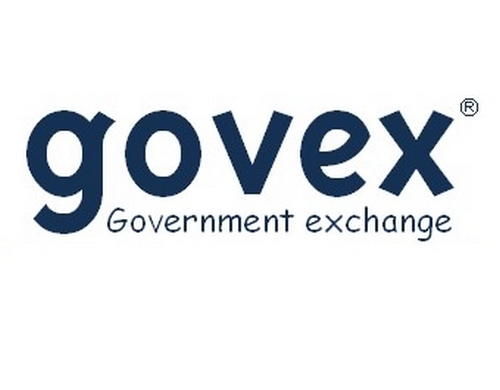New European deal to ensure more responsible public spending
Public authorities will get better tools to make more strategic and responsible use of taxpayers' money when buying works, goods or services, thanks to a political deal on public procurement and utilities struck by Parliament and the Council on Wednesday.
The provisional agreement reached with Council by Parliament's negotiators from the Internal Market Committee concerns a directive overhauling public procurement rules and a second directive covering water, energy, postal and transport services.
The new rules will modernise EU public procurement by giving contracting authorities more flexibility to make strategic choices when procuring works, goods or services to achieve specific societal goals. Public procurement contracts account for around 19% of EU GDP and the new rules also send "a strong signal to citizens who have the right to see public money used effectively", says Parliament's rapporteur Marc Tarabella (S&D, BE).
Best value for money
"The criterion of the most economically advantageous tender makes once again quality the central issue and puts an end to the dictatorship of the lowest price," said Mr. Tarabella.
The new directive will put more emphasis on other criteria such as quality, environmental considerations, social aspects or innovative characteristics, the experience of the staff performing the contract or offers of after-sales service and technical assistance while still taking into account the price or life cycle costs of the work or service procured.
It will also include rules on subcontracting and tougher provisions on "abnormally low" bids and will guarantee respect for labour laws and collective agreements. "These updates aim to fight against dumping and assure fair competition," Mr. Tarabella explained.
Less red tape for bidders
The bidding procedure for companies will be simplified as a standard 'European Single Procurement Document' form will be provided in all languages and public authorities will be obliged to share information on eligible bidders from national databases. This will save companies a lot of initial paperwork and make it easier for them to bid. The system will be based on self-declarations and only the winning bidder will have to provide original documentation.
Parliament had wanted a "procurement passport" which would prove in a simple way that a company fulfils the criteria to bid for public contracts. Council could not agree to this, but Parliament's negotiators consider the "European Single Procurement Document" a step in the right direction.
They also secured agreement to a pilot project to test the existing Internal Market Information system as a vehicle for authorities to exchange the information required on bidders.
More innovative solutions and better access for smaller firms
MEPs introduced an entirely new procedure to strengthen innovative solutions in public procurement. The new 'Innovation Partnerships' will allow public authorities to call for tenders to solve a specific problem without pre-empting the solution thus leaving room for negotiations between the authority and the bidding companies to find the most appropriate answer.
The agreed text also encourages the division of contracts into lots to improve access to public procurement for small and medium-sized enterprises.
Background
The two "classic" and "utilities" directives on public procurement are part of a package of four draft laws tabled by the European Commission in December 2011 in the field of procurement. A provisional agreement on "concessions", the third directive in the package, was also reached on Wednesday. A fourth proposal, for a regulation on "third market access", is being dealt with by the International Trade Committee
Next steps
The provisionally-agreed text still needs be formally approved by the Council and Parliament's Internal Market Committee. The committee will probably vote on the deal in July, paving the way for a plenary vote in the autumn.
Source: European Parliament


